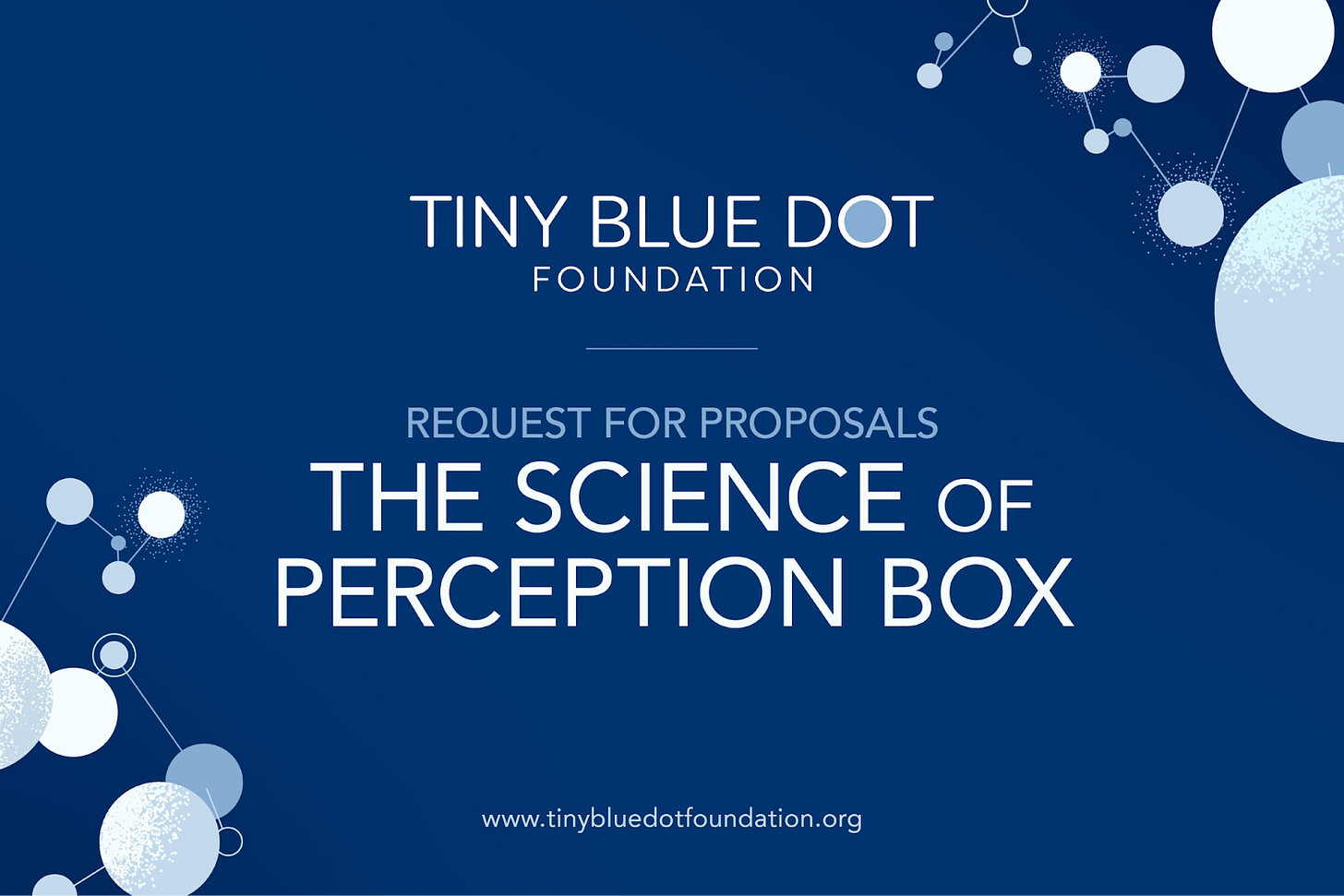Welcome back to The Trip Report Podcast, a production of Beckley Waves.
Today's conversation is with Shamil Chandaria, and as I alluded to in last week’s newsletter introducing computational neuroscience—it is the longest and most technical conversation we’ve had to date.
I have wanted to speak with Shamil since I watched his lecture at Oxford titled The Bayesian Brain and Meditation.
Shamil is a former advisor to Google DeepMind, co-foudner and research fellow at Imperial College London Centre for Psychedelic Research and Oxford University’s Centre for Eudaimonia and Human Flourishing, and a co-author with Robin Carhart-Harris and the Imperial team of the influential 2023 paper titled Canalization and Plasticity in Psychopathology,
Importantly for this conversation, Shamil is also a longtime meditation practitioner, and his current work is dedicated to exploring contemplative practices, spiritual awakening, and psychedelics through the lens of computational neuroscience.
At the heart of the conversation is the Free Energy Principle, a relatively new concept in cognitive neuroscience that conceives of the brain as a prediction machine constantly updating its internal models to minimize prediction errors. This framework along with the Bayesian Brain Hypothesis show how the brain optimally processes sensory data through inference, which has profound implications for how we perceive and experience the world.
We discuss:
The brain as a prediction machine
The convergence of ancient wisdom and modern neuroscience.
Defining human flourishing beyond the absence of suffering to include meaning, love, joy, connection, and psychological resilience.
The role of body sensations, emotions, and somatic practices in psychotherapy and how they tie into the brain's predictive coding mechanisms.
Spiritual awakening, liberation and human flourishing through a neurocomputational lens
The potential for integrating free energy principle-based models into the field of psychiatry, improving therapeutic approaches and mental health care.
And much more
My takeaway from this conversation is that we are, in fact, in the midst of a paradigm shift—one that bridges the fields of meditation, psychology, psychedelics, phenomenology, psychiatry, and even artificial intelligence.
This new understanding, grounded in the free energy principle, offers a unified theory that links ancient wisdom with modern neuroscience, reshaping how we think about consciousness, well-being, and what it means to be sentient.
And now, I bring you my conversation with Shamil Chandaria.
I want to highlight our friends at the Tiny Blue Dot Foundation (TBD), who have just announced their latest Request for Proposals for scientific studies of the Perception Box.
Tiny Blue Dot Foundation strives to help people understand that they live in their own unique Perception Box whose walls can be expanded to minimize suffering, increase acceptance of self and others, and view trauma and other challenges as opportunities for growth.
TBD has allocated $9,000,000 to fund up to 10 rigorous research projects related to The Science of the Perception Box.
TBD ran similar RFPs over the last two years and funded a total of 23 projects thus far. Information about these projects can be found here and here.
Listen to the episode on Substack, Spotify, Google or Apple.
Credits:
Hosted by Zach Haigney
Produced by Zach Haigney, Erin Greenhouse, and Katelin Jabbari
Find us at thetripreport.com
Theme music by MANCHO Sounds, Mixed and Mastered by Rollin Weary












